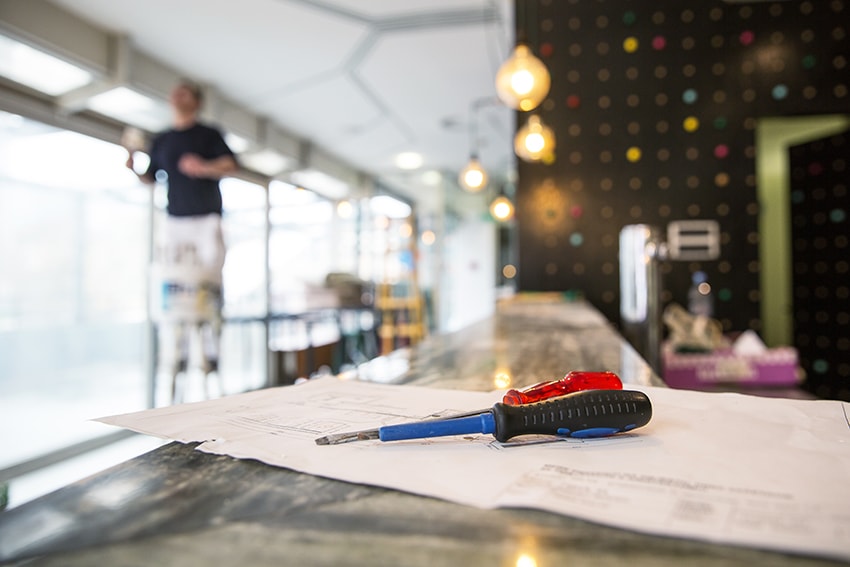Restaurant Construction: Key Tips For Successful Planning And Execution
Restaurant construction is a meticulous process that involves careful planning, designing, and construction to bring to life a culinary establishment that not only pleases the palate but also creates a memorable dining experience. From the initial concept and design to the final touches and opening day, restaurant construction requires a range of skills and expertise to ensure every detail is executed flawlessly. Whether it’s a small café or an upscale fine dining establishment, constructing a restaurant involves unique considerations that make it different from other commercial building projects.
One of the most crucial aspects of restaurant construction is creating a functional and efficient layout that optimizes the flow of both staff and customers. The layout must take into account the kitchen space, dining areas, bar area (if applicable), restrooms, and any additional features such as outdoor seating. Careful attention should also be given to factors like acoustics, lighting, and interior design to create an ambiance that reflects the restaurant’s brand and enhances the overall dining experience. Moreover, restaurant construction often requires compliance with specific health and safety regulations to ensure food preparation areas are up to code and provide a hygienic environment for both employees and patrons.
The Role of a General Contractor in Restaurant Construction
A general contractor plays a crucial role in overseeing and managing the entire restaurant construction process. Their expertise and experience ensure that the project runs smoothly from start to finish, and they act as the main point of contact for all parties involved. In the context of general contractor restaurant construction, their responsibilities include:
- Project Planning: The general contractor works closely with the restaurant owner to understand their vision, budget, and timeline. They collaborate with architects and designers to develop a comprehensive plan that addresses all aspects of the construction, including permits, materials, and subcontractors.
- Coordination: Throughout the construction process, the general contractor coordinates and manages various activities such as site preparation, excavation, foundation construction, plumbing, electrical work, HVAC installation, and more. They ensure that all tasks are executed efficiently and on schedule.
- Quality Control: A key role of the general contractor is to enforce quality standards and ensure compliance with building codes and regulations. They conduct regular inspections to identify any issues or deviations from the plan, rectifying them promptly to maintain safety and quality.
- Budget Management: The general contractor keeps track of expenses and manages the budget to prevent cost overruns. They obtain competitive bids from subcontractors, negotiate contracts, and monitor expenditures to ensure that the project stays within the agreed-upon financial limits.
- Client Communication: Acting as a liaison between the restaurant owner and all other parties involved in the construction process (architects, designers, subcontractors), the general contractor provides regular updates on the project’s progress. They address any concerns or changes requested by the client, ensuring clear communication and transparency throughout.
Overall, a skilled general contractor is essential for the successful completion of a restaurant construction project. Their expertise in managing every aspect of the process, combined with their ability to coordinate multiple trades and ensure quality, helps create a unique dining establishment that meets the owner’s vision and exceeds customer expectations.
In conclusion, restaurant construction requires meticulous planning, designing, and construction to create a culinary establishment that provides an exceptional dining experience. The layout must optimize the flow of both staff and customers, taking into account the kitchen space, dining areas, and additional features. Factors such as acoustics, lighting, and interior design are also crucial to enhance the ambiance. Moreover, compliance with health and safety regulations is necessary to ensure a hygienic environment. A general contractor plays a vital role in overseeing and managing the entire process, including project planning, coordination, quality control, budget management, and client communication. Their expertise ensures the successful completion of a restaurant construction project that reflects the owner’s vision and exceeds customer expectations.


































